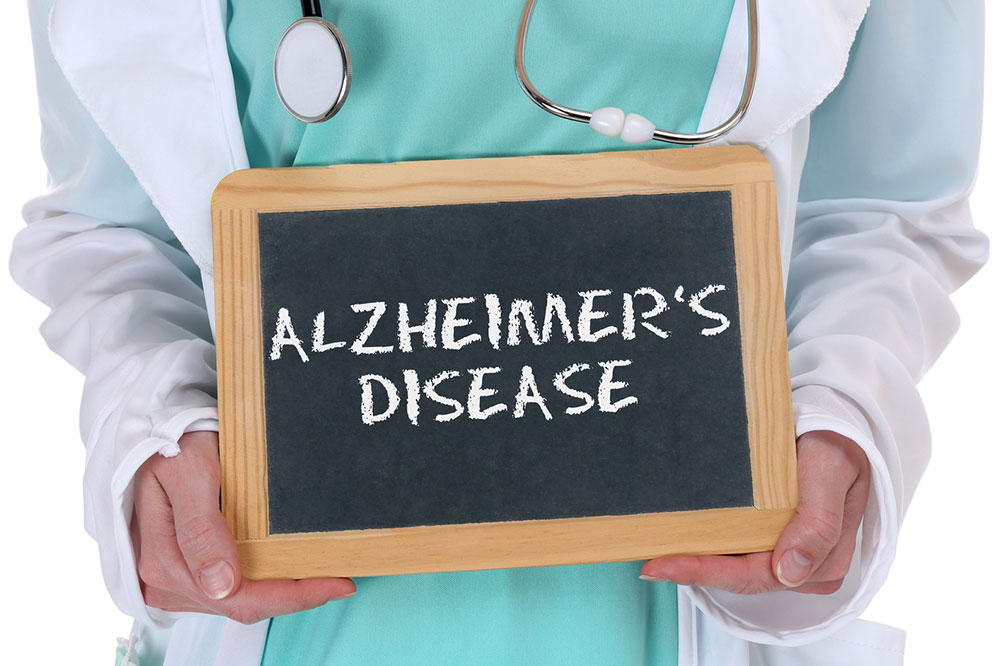Recognizing Early Symptoms of Alzheimer’s Disease
This article discusses the early signs and symptoms of Alzheimer’s disease, emphasizing the importance of early detection for better management. It covers symptoms like memory loss, language issues, behavioral changes, and disorientation, along with information on disease progression and available management strategies. Recognizing these signs early can help improve patient outcomes and quality of life, making awareness crucial for caregivers and medical professionals.

Recognizing Early Symptoms of Alzheimer’s Disease
Our memories are fundamental to our identity, shaping our experiences and lessons learned. The loss of memory can be devastating.
This describes the reality of Alzheimer’s disease, a progressive neurological disorder that impairs cognitive functions and is the leading cause of dementia worldwide. As of 2015, approximately 29.8 million individuals were affected globally.
Alzheimer’s is a progressive and debilitating condition. Awareness of its early signs can help improve patient care and quality of life.
Early detection is critical because Alzheimer’s develops gradually, requiring vigilance for subtle symptoms.
The disease advances over time, eventually affecting bodily functions. The average survival time after diagnosis ranges from 3 to 9 years.
Initial Signs of Alzheimer’s: Often subtle and easily overlooked, these include forgetfulness of recent events, names, and familiar objects.
As it progresses, other noticeable symptoms emerge:
Difficulty with Planning and Problem Solving: Struggling to organize or follow through with tasks
There may also be trouble managing numbers or performing routine tasks like cooking or using tools.
Language Challenges: Forgetting words, mispronunciations, or difficulty following conversations
Decreased Social Engagement: Noticeable withdrawal from social activities and loss of interest in hobbies
Personality Changes: Sudden shifts toward paranoia, distrust, depression, or anxiety. Psychosis, hallucinations, and delusions can occur.
Disorientation: Confusion about time, date, location, or personal identity
Visual and Spatial Difficulties: Problems with depth perception, color differentiation, or focusing
Misplacing Items: Frequently losing objects or being unable to retrace steps
Judgment and Self-care Decline: Poor decision-making and neglect of personal hygiene
This progression from early to late stages leads to severe cognitive and physical decline. In advanced stages, patients may lose the ability to communicate or care for themselves, with complications like incontinence, weight loss, seizures, and recurrent infections.
Early diagnosis and management are vital in slowing disease progression and enhancing quality of life. Regular medical evaluations help differentiate Alzheimer’s from other conditions.
Management and Outlook: There is no cure; however, medications, therapy, and lifestyle adjustments can help manage symptoms and prolong independence. Supportive care, psychological therapy, and therapies like occupational and physical therapy are beneficial.
Typically, individuals live 8 to 10 years following diagnosis. Awareness and early detection can significantly reduce the emotional and physical burdens on patients and caregivers.










